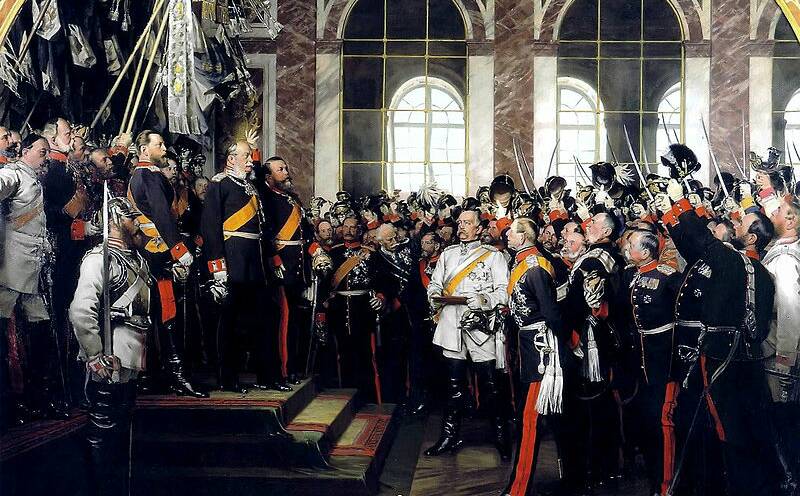
Words can be slippery things, carrying overlays we sometimes fail to recognise. German and Germany are two such words.
Subscribe now for unlimited access.
$0/
(min cost $0)
or signup to continue reading
The Germany Wilhelm Kirchner returned to in 1848 to begin his work as NSW immigration agent was not Germany as we know it. In fact, Germany did not exist as a political entity until the formation of the German Empire in 1871.
Prior to the Napoleonic Wars (1803-1815), the territory that is now Germany formed part of what was called The Holy Roman Empire.
The Empire was always a somewhat ramshackle affair, caught in constant tensions. The Peace of Westphalia in 1648 gave the constituent parts virtual independence, with the ruling Habsburg dynasty concentrated on building their domains. By the start of the Napoleonic Wars, the Empire was a crazy patchwork quilt of states, principalities, religious territories and free cities.
In 1806, the Empire was dissolved following defeat by Napoleon. When Napoleon was defeated in turn, the Congress of Vienna in 1815 established the German Confederation as a collection of 39 states and free cities. This is why Wilhelm Kirchner could become consul for Hamburg – which was effectively an independent state.
The Confederation collapsed in 1866 following war between Prussia and Austria. In 1871, the Prussian-controlled German Empire was formed.
This history is important for several reasons. For the 19th century and part of the 20th century, the term German was as much a language, ethnic or cultural marker as a description of nationality. Those in Germany did not necessarily speak German, and many who spoke German or a dialect lived outside Germany.
Those coming to Australia until at least 1871 who we call Germans were likely to classify themselves by the entity they came from. It means local conditions in the individual states or free cities were important in determining the pattern of migration.
Frankfurt, the free city that Wilhelm returned to in 1848, was surrounded by the Grand Duchy of Hesse. Conditions were unstable following the revolutions that had swept across Europe in 1848. Economic conditions in Hesse and in Southern Germany beyond were poor.
Farmers such as the Sommerlads, who would make a major mark on New England, were struggling with small farms and low prices. The Grand Duke himself was taxing heavily. The result was large-scale emigration facilitated by migration agents such as William Kirchner.
Jim Belshaw - ndarala@optusnet.com.au. He blogs at newenglandaustralia.blogspot.com.au and hnewenglandhistory.blogspot.com.au

